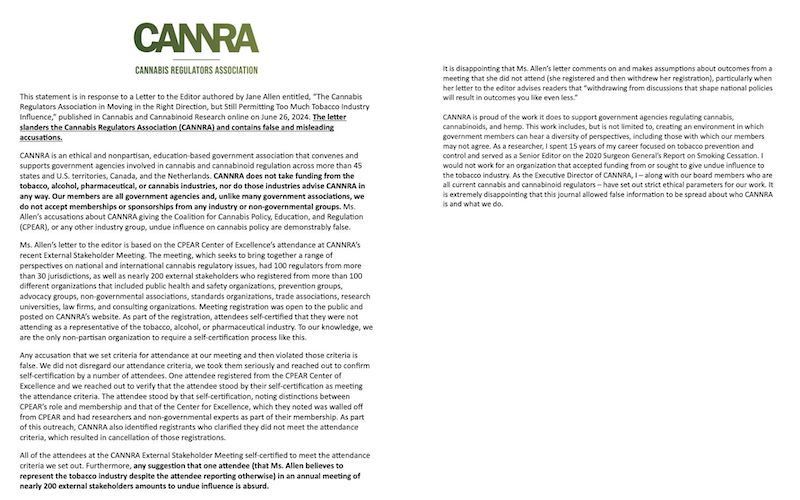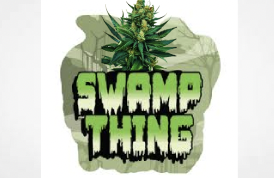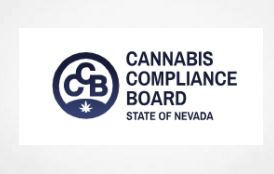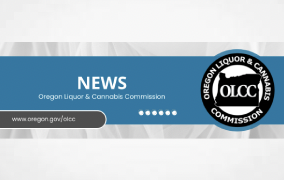It’s a ding dong battle . let’s see if i can get them both on the Karma Koala podcast to put forward their arguments?
Gillian Schauer,Executive Director at the Cannabis Regulators Association has posted the following to Linked In.
Apologies for the size of the text – as yet this letter has not been published to the news section of the CANNRA website
So.. what’s all the fuss about ?

https://www.liebertpub.com/doi/full/10.1089/can.2024.0121
The Cannabis Regulators Association Is Moving in the Right Direction, but Still Permitting Too Much Tobacco Industry Influence
Dear Editor:
The tobacco industry was not supposed to be at the Cannabis Regulators Association (CANNRA) External Stakeholder Meeting taking place in Minnesota last week.
This year, for the first time, CANNRA specified that “individuals may not attend representing an entity manufacturing or distributing tobacco, alcohol, or pharmaceutical products.”
1 Nevertheless, when CANNRA circulated a list of registered attendees, that list included the Coalition for Cannabis Policy, Education, and Regulation (CPEAR)—although CPEAR members include Altria and Reynolds American, two huge global tobacco corporations, and Molson Coors, a multinational alcohol company.
CPEAR’s relationship with the tobacco industry is no secret. Altria and Reynolds American are listed as members in the “Who We Are” section of CPEAR’s website.2 Nevertheless, when the discrepancy between the eligibility criteria and CPEAR’s attendance was brought to CANNRA’s attention, CANNRA declined to ask CPEAR not to attend.
I can only speculate as to why CANNRA would choose to disregard its own newly established eligibility criteria. However, the relationship between the two organizations may play a role. In years past, CANNRA has given CPEAR a prominent platform to shape US cannabis policy. At the 2022 External Stakeholder Meeting, CPEAR participated in a panel on the future national cannabis marketplace.
3 Shaleen Title, founder, and director of the nonprofit Parabola Center for Law and Policy, wrote about how including CPEAR in that exclusive, invitation-only meeting with state regulators extended “undeserved credibility and legitimacy” to CPEAR and their policy positions.
4The future of cannabis policy is being shaped at the annual CANNRA External Stakeholder Meeting. The tobacco industry’s continued influence with CANNRA and presence at the meeting should set off alarm bells for anyone who wants to see national cannabis policy that seeks to repair some of the harm caused by the War on Drugs. We know from decades of experience that the tobacco industry exploits and perpetuates systemic racism as a core business strategy, and that they will prioritize profit above all else, including the lives of their customers.
5–10This is not the direction I want state and national cannabis policy to take. And most Americans agree with me.
New research conducted by Parabola Center for Law and Policy and nonprofit research institute RTI International shows that only 18% of Americans trust the tobacco industry to create good cannabis policy.
11 Trust in alcohol companies is even lower, at 13%.
11 When it comes to creating good cannabis policy, a majority of Americans trust people with lived experience, people who use cannabis, and people working for social equity.
11Americans don’t want a cannabis industry that benefits tobacco, alcohol, and pharmaceutical companies. What they want is a model that benefits people who use cannabis for medicine (85%) or pleasure (61%); workers in the cannabis industry (73%), and people who have been harmed by past enforcement of cannabis laws (63%).
11CANNRA has enormous power to shape what cannabis legalization will look like at the national level. Over the past year, CANNRA has moved in the right direction, from providing the tobacco industry with a prominent speaking platform in 2022, to planning to restrict their involvement in 2024—although in the end, they didn’t follow through.
If you want to see cannabis legalized at the national level in a way that emphasizes social equity and ending arrests and that benefits consumers, workers, and people who have been harmed by cannabis policy, I urge you to share those values and perspectives with the people who are engaged in cannabis policy creation.
Let your state cannabis regulators know what you value when it comes to cannabis policy and ask them to emphasize those values in their discussions with others. Contact your federal representatives to tell them you don’t want tobacco, alcohol, and pharmaceutical companies engaged in cannabis policy development—either directly or indirectly through front groups they fund.
Finally, stay engaged in the nuance of cannabis policy development. If you support legalization in part as a response to the War on Drugs, legalization itself cannot be the end goal. And if you don’t support legalization—please know that withdrawing from the discussions that shape national cannabis policy will result in outcomes you like even less. All of us who are concerned about systemic racism and who care about equity, public health, consumers, and small businesses need to stay present and vocal if our values are to be represented in national cannabis policy.
Abbreviations Used
CANNRACannabis Regulators Association
CPEARCoalition for Cannabis Policy, Education, and Regulation
References
3. Jaeger K. Marijuana regulators and stakeholders hold closed-door conference to discuss future of reform and industry challenges. Marijuana Moment 2022.
4. Title S. Big Tobacco shouldn’t be welcome at marijuana regulators’ closed-door meeting (Op-Ed). Marijuana Moment 2023.
Cite this article as: Allen JA (2024) Letter to the Editor: The Cannabis Regulators Association (CANNRA) is Moving in the Right Direction, but Still Permitting Too Much Tobacco Industry Influence, Cannabis and Cannabinoid Research 00:0, 000–000, DOI: 10.1089/can.2024.0121.
Jane Appleyard Allen

Senior Research Communication Scientist
EducationMA, Communication, Health Communication, Annenberg School for Communication, University of Pennsylvania
BA, English, Boston College
Jane Appleyard Allen is a Senior Analyst in the Center for Communication and Media Impact at RTI International. She has 25 years of experience evaluating state and national public education campaigns, conducting formative research for campaign message development, and conducting research to understand consumer perceptions of cannabis and tobacco products and policies. Ms. Allen is interested in unintended effects of public policy, research to reduce racial inequities in health-related outcomes, and research to advance equity in the context of cannabis policy.
Ms. Allen led the evaluation of the Colorado Department of Public Health and Environment’s Retail Marijuana Education Program and is currently evaluating Colorado’s Forward Together campaign. Her media campaign experience also includes the FDA’s The Real Cost campaign, the national truth campaign, and the National Youth Anti-drug Media Campaign.
In collaboration with RTI’s Racial Justice and Equity Program and RTI’s Black Employee Resource Group, Ms. Allen facilitates trainings that prepare participants to understand and work effectively to dismantle anti-Black systemic racism. Ms. Allen has coauthored 48 peer-reviewed journal articles, is the first author of two book chapters, and has contributed to numerous other scientific publications.
https://www.rti.org/expert/jane-allen
Who is Gillian Schauer ?

Gillian Schauer, PhD, MPH was elected CANNRA’s first Executive Director in 2021, and served as a Senior Advisor to CANNRA before the association’s founding.
Dr. Schauer has worked in public health and policy for nearly two decades, and has a decade of experience working with federal and state agencies on cannabis policy, data monitoring, and research translation.
Through her federal work, she founded and led the Multi-State Collaborative for Cannabis and Public Health from 2014-2021 to foster learnings and cultivate best practices for public health across states with legal cannabis.
Prior to working on cannabis policy, Dr. Schauer worked on tobacco control policy. She was the Senior Editor on the 2020 Surgeon General’s Report on Smoking Cessation.
Dr. Schauer is an affiliate researcher at the University of Washington and has more than 75 peer-reviewed research publications on cannabis and other substances. She has a PhD from Emory University, a Master of Public Health from University of Washington, and a Bachelors of Science from Northwestern University.
https://www.cann-ra.org/leadership






















